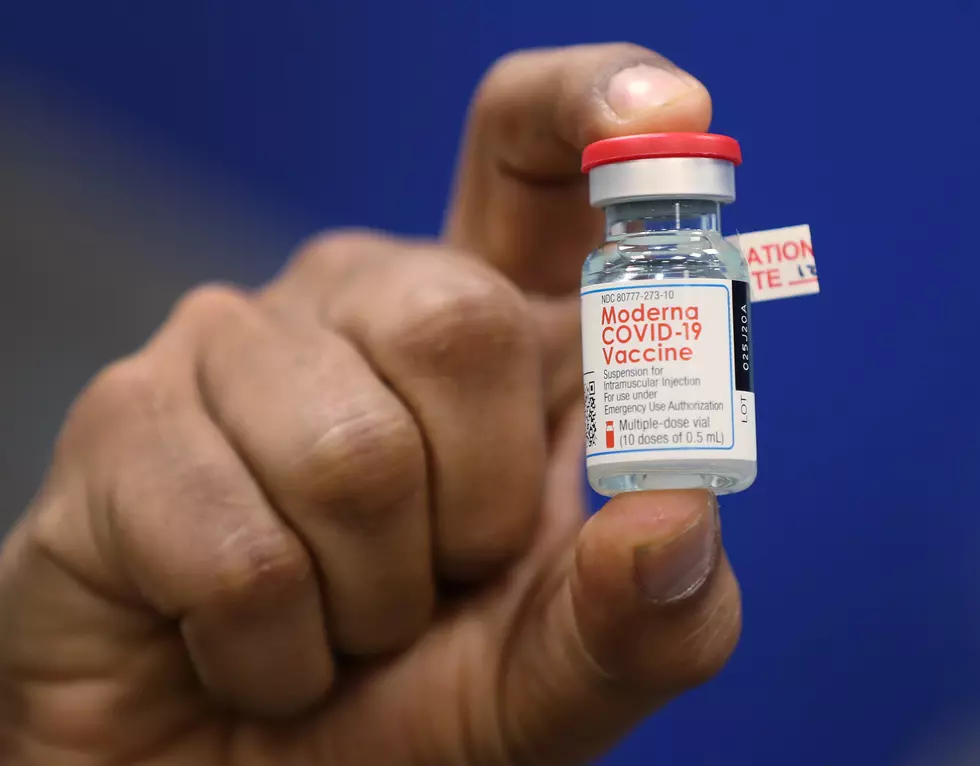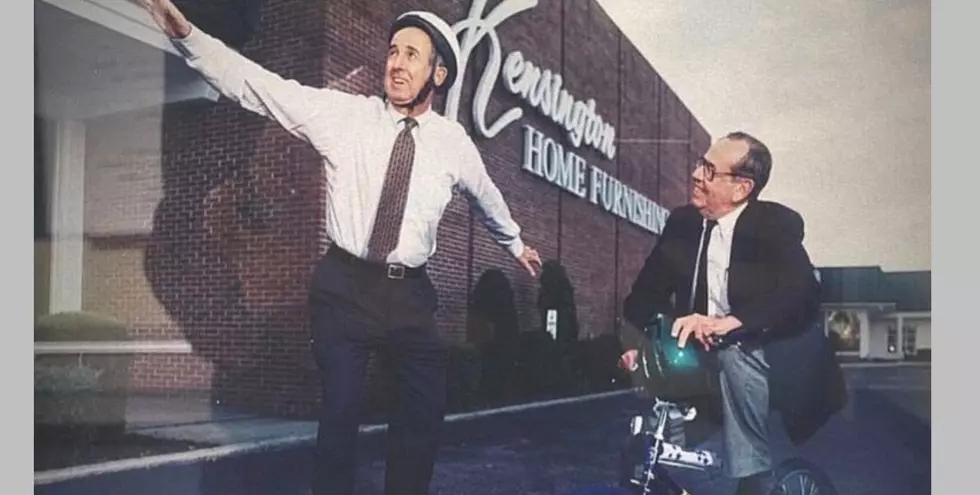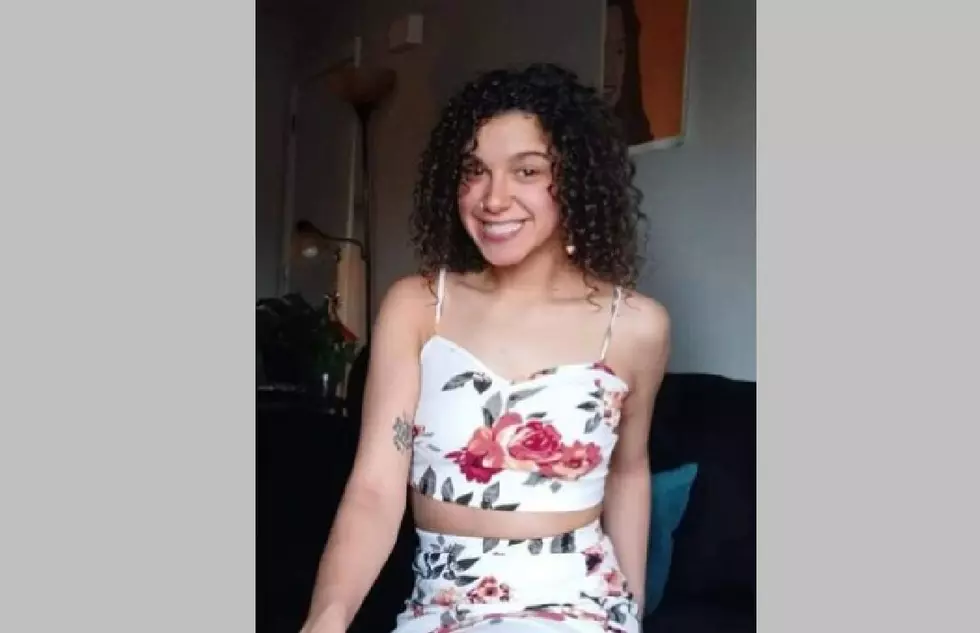
COVID vaccine poll: Many adults are hesitant, fewer minorities received it
A significant segment of the New Jersey adult population isn't fully on board with receiving a COVID-19 vaccine, and there are wide demographic disparities among those who've already received a dose, according to a poll released Tuesday by Stockton University.
Thirty percent of the 740 residents surveyed said they would probably not or definitely not be vaccinated against the novel coronavirus. Among those who are hesitant, about a third cited fears about safety or side effects. Twenty percent either identified as "anti-vaccine," or said the vaccine is unnecessary.
"We see a very strong resistance politically to the vaccine, where an actual majority of Republicans said they are probably or definitely not going to get the vaccine," said John Froonjian, executive director of the William J. Hughes Center for Public Policy at Stockton. "It's a shame that this has become a political or ideological issue."
In the poll, 15% of Democrats said they would not get the vaccine, compared to 52% of Republicans.

"I think the key is that we need to see leadership exerted ... to convince some of these people who are hesitant to get on board and do it for their own safety as well as the rest of the public," Froonjian said.
New Jersey has a goal of vaccinating 70% of the eligible adult population. As of Tuesday, more than 3.5 million vaccine doses had been administered in the Garden State.
Overall, two-thirds of poll respondents said they'd definitely or probably be vaccinated when they're eligible.
Black and Hispanic residents were more likely than white residents to be interested in the vaccine, but they were less likely to have received a dose yet. Thirty percent of white respondents cited "at least a first dose," compared to 16% of Black residents and 14% of Hispanic residents.
Even though income played no role in people's interest in receiving a vaccine, lower-income individuals recorded a much lower rate of vaccination at the time of the poll. Among those making less than $50,000 per year, 15% had received at least a first dose. Among those making more than $100,000, the rate was 37%.
"We know from anecdotal evidence that it's not always easy to schedule an appointment," Froonjian said. "If you're working two or three jobs, and maybe don't have internet in your house ... your chances of getting an appointment are much lower."
Sixty-five percent of respondents said they would get an annual coronavirus vaccine if recommended. Another 11% said they might.
Contact reporter Dino Flammia at dino.flammia@townsquaremedia.com.
READ ON: See the States Where People Live the Longest
LOOK: Answers to 30 common COVID-19 vaccine questions
While much is still unknown about the coronavirus and the future, what is known is that the currently available vaccines have gone through all three trial phases and are safe and effective. It will be necessary for as many Americans as possible to be vaccinated in order to finally return to some level of pre-pandemic normalcy, and hopefully these 30 answers provided here will help readers get vaccinated as soon they are able.
More From Lite 96.9 WFPG










